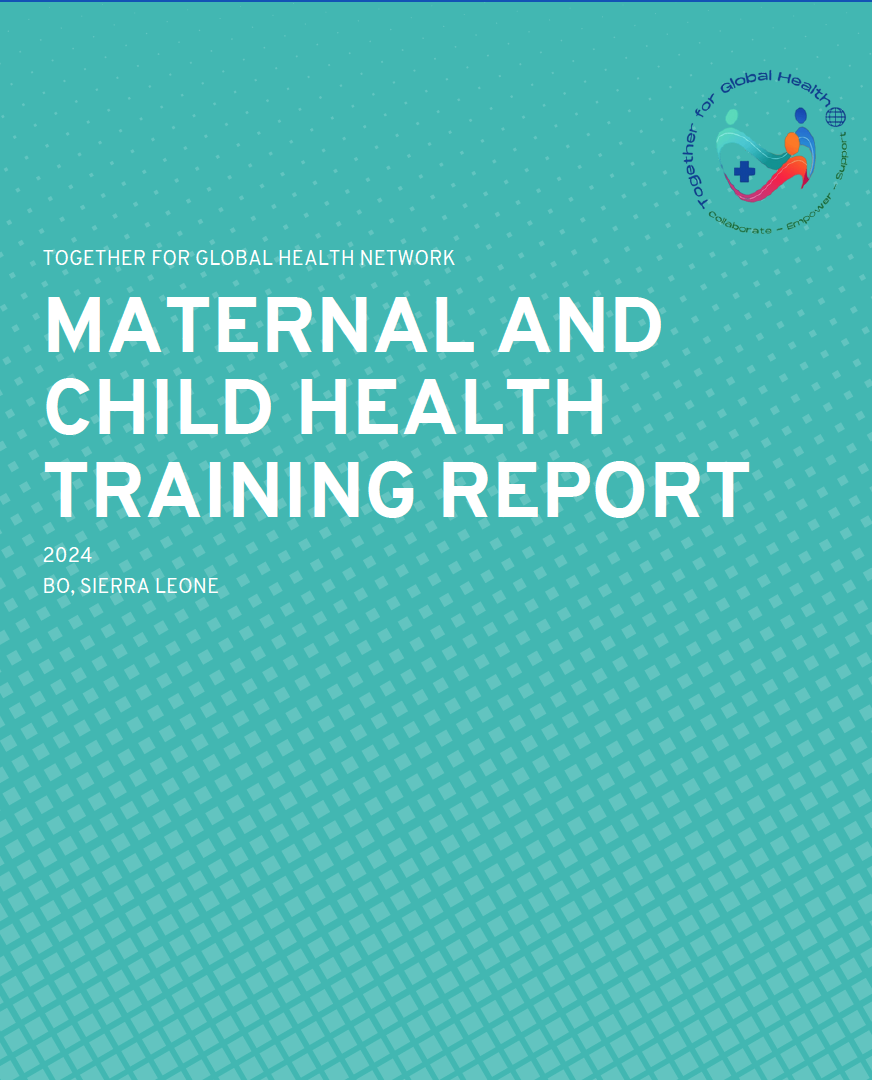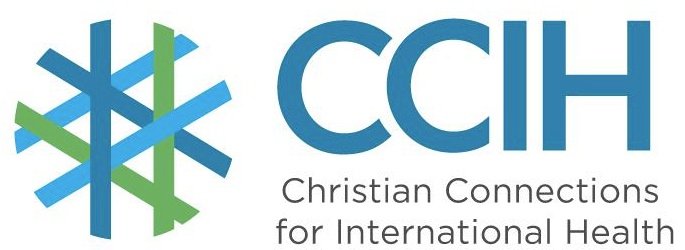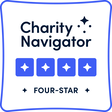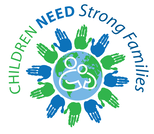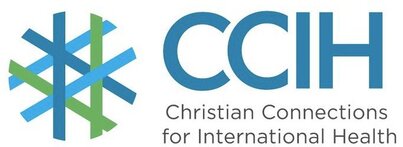These videos and resources spotlight progress and challenges in maternal and infant mortality, malnutrition, and endemic disease shared by members of Together for Global Health.
CHAMPS
|
Child Health and Mortality Prevention Surveillance (CHAMPS) works in Mali, Bangladesh, Ethiopia, Kenya, South Africa, Sierra Leone, and Mozambique to uncover the causes of stillbirth and death in children under five.
CHAMPS works to close these gaps by gathering scientific evidence needed to save young lives. Envisioned as a long-term program supported by the Bill & Melinda Gates Foundation, CHAMPS seeks to identify definitive causes of stillbirths and child deaths through community engagement, mortality surveillance, diagnostic and laboratory innovation, and rapid, open access to data. CHAMPS transforms data into action, working with partners to use our findings to inform evidence-based solutions to save lives. |
2021 Progress towards Sustainable Development Goals
|
|
Many health indicators were moving in the right direction before the threat of COVID-19 emerged. Maternal and child health had improved, immunization coverage had increased and communicable diseases had been reduced, although not fast enough to meet those 2030 targets. The pandemic has halted or reversed progress in health and poses major threats beyond the disease itself. About 90 per cent of countries are still reporting one or more disruptions to essential health services, and available data from a few countries show that the pandemic has shortened life expectancy. Not surprisingly, the virus is disproportionately affecting disadvantaged groups.
The pandemic has demonstrated the importance of universal health coverage and multisectoral coordination for health emergency preparedness. Moreover, to design effective pandemic policy interventions, Governments will need to improve and strengthen basic demographic and epidemiological data collection. |
Community Health Workers: Filling in Gaps in the Health System
|
|
"Illness is universal. Access to care is not. "
Community health workers fill in the gaps in the healthcare system in areas where people do not have access to doctors for care. CHWs are trained to recognize common disease conditions like malaria and typhoid and prescribe medication or make a referral to a hospital for further treatment. Listen to this TED talk from 2017 TED Prize winner Raj Panjabi founder of Last Mile Health and the Community Health Academy, a global platform that aims to modernize how community health workers learn vital skills, creating jobs along the way. |
The World Health Organization (WHO) is recommending widespread use of the RTS,S/AS01 (RTS,S) malaria vaccine among children in sub-Saharan Africa and in other regions with moderate to high P. falciparum malaria transmission. Malaria is the number one cause of death in children under 5 in Sierra Leone, and P. falciparum malaria is the deadliest of all the malarial parasites. A few months before the vaccine was recommended by the WHO, a research team working with the research lab at Mercy Hospital did a study in Bo to determine if people would be willing to receive a malaria vaccine. The results of that study can be found here.
|
Combatting Substance Abuse
as a Serious Health Problem in Majority World Countries |
Maternal Health Missions to the Global South
|
Nursing@Georgetown’s recent guide, “Contemplation in Action: Lessons from Medical Mission Work”, provides actionable advice for clinicians interested in gaining experience with diverse patient populations across the globe. Thank you to Nursing@Georgetown, the online FNP program from the School of Nursing & Health Studies!
|
Christian Connections for International Health is is a global network of Christian organizations and individuals committed to advancing health and wholeness. Motivated by our Christian faith and our values, CCIH envisions a world where all have access to quality healthcare and prevention services.
CCIH has a number of resources for health focused organizations on their website covering topics like capacity building, food security, community based prevention and care, family planning, health system strengthening, HIV/AIDs, and more. |


